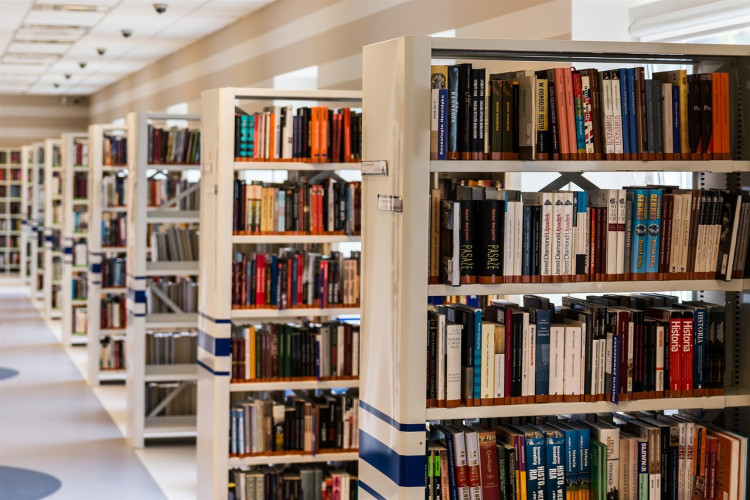Florida's Department of Education has reported the removal or restriction of hundreds of books from school libraries across the state in response to recent changes in state law that empower parents and residents to challenge content. Among the titles pulled are literary classics like Toni Morrison's "The Bluest Eye," Kurt Vonnegut's "Slaughterhouse-Five," and Richard Wright's "Native Son." The law, enacted as House Bill 1069 in July, mandates school districts to establish a formal process for reviewing challenges and to submit annual reports on book restrictions.
The growing list of banned or restricted books has doubled in size since last year and includes works by esteemed authors such as Maya Angelou, Margaret Atwood, and even more contemporary figures like Stephen King. King's "On Writing: A Memoir of the Craft" is one of several of his works targeted, which prompted King, a part-time Florida resident, to publicly voice his disbelief. "What the f---?" King posted on social media, reacting to news of the restrictions.
The removal efforts have been driven largely by conservative advocacy groups, who argue that many of the books contain inappropriate or "pornographic" content, particularly those with LGBTQ+ themes, explicit descriptions of sexual encounters, and narratives addressing gender and sexuality. "A restriction of access is a restriction on one's freedom to read," said Kasey Meehan of PEN America, highlighting the broader implications of limiting access to diverse literature. PEN America has reported that Florida leads the nation in book bans, with more than 4,500 removals in the 2023-2024 school year.
The scope and scale of the removals vary widely across Florida's school districts. Some districts reported no restrictions, while others tallied hundreds. Books dealing with historical events, including accounts of the Holocaust such as "Anne Frank's Diary: The Graphic Adaptation," have also been caught up in the wave of removals. In a statement defending the state's actions, Florida Department of Education spokesperson Sydney Booker said, "Once again, far-left activists are pushing the book ban hoax on Floridians. The better question is why do these activists continue to fight to expose children to sexually explicit materials."
However, critics argue that the restrictions are creating a "climate of compliance, fear and stress" within Florida's education system, with implications for students' academic performance and well-being, as well as for educators. Members of the Florida Freedom to Read Project, composed of public school parents, expressed concerns about district-wide censorship inspired by vague language in HB 1069. "We believe in a fair, thorough, and public objection process that ensures decisions reflect the needs of each school community," the group said in a statement.
Legal challenges are mounting in response to the sweeping book bans. In Escambia County, PEN America and Penguin Random House have filed suit over the removal of titles, arguing that students' rights to access literature are being unconstitutionally limited. Another legal battle in Nassau County was settled in September, resulting in the reinstatement of dozens of books, including "And Tango Makes Three," a picture book about two male penguins raising a chick.
As the debate intensifies, education officials insist that no books are truly banned but rather are being scrutinized to protect children. Critics remain skeptical, citing the widespread and often opaque nature of the book removal process. The stakes are high for students, educators, and parents alike, as Florida's evolving educational policies continue to shape the landscape of school libraries and the reading material available to young minds.
The economic cost of the bans, with districts spending between $34,000 and $135,000 annually, further adds to the controversy, underscoring the complex and deeply divisive nature of the issue. For many, the debate strikes at the heart of questions about parental rights, free expression, and the boundaries of age-appropriate content in public schools.




